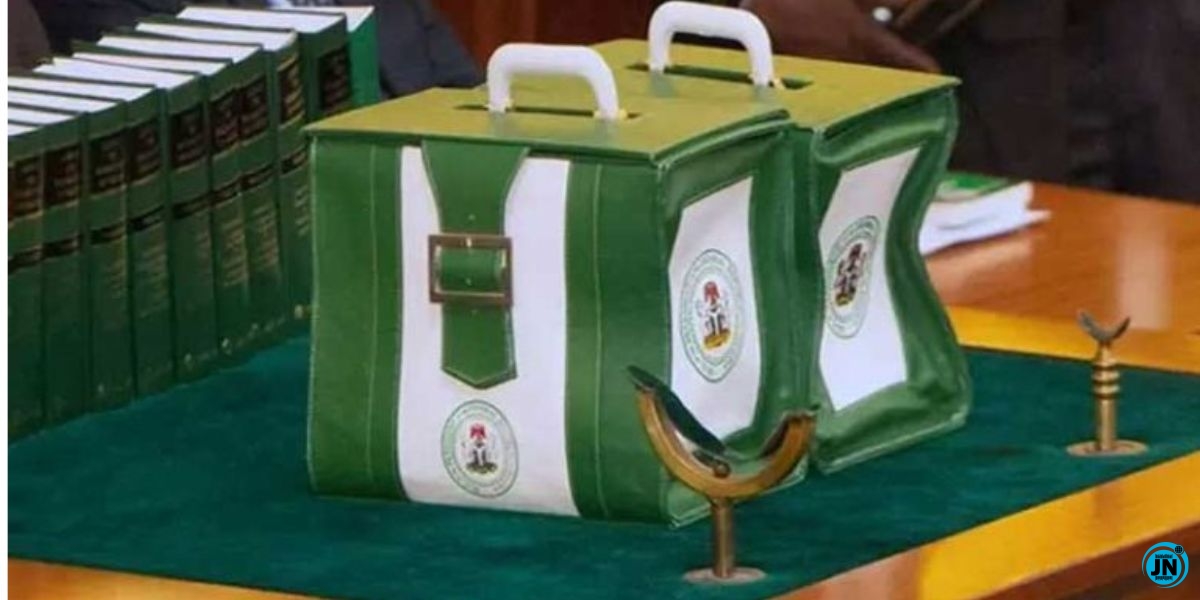
The Civil Society Legislative Advocacy Centre (CISLAC) has expressed grave concerns over President Bola Ahmed Tinubu’s proposed increase in Nigeria’s 2025 budget from ₦49.7 trillion to ₦54.2 trillion. The advocacy group warns that the move could lead to a serious economic crisis, emphasizing that it raises constitutional and fiscal management concerns.
Speaking at a press briefing in Abuja on Thursday, CISLAC Executive Director Auwal Musa Rafsanjani criticized the government’s handling of the budget expansion, describing it as lacking transparency and due process.
[/p]Budgetary Concerns and Constitutional Violations
Rafsanjani highlighted that while the administration claims the additional ₦4.5 trillion is sourced from increased revenues by key government agencies, the approach taken to introduce the budget increment is questionable. Instead of presenting a supplementary appropriation bill as required by law, the executive branch simply sent a notification letter to the National Assembly.
He referenced Section 81(4) of the 1999 Constitution, which mandates that any additional expenditure outside the original budget must be formally presented to the National Assembly for approval through a supplementary budget.
“By not following this constitutional procedure, the government is undermining the democratic principle of legislative oversight and accountability,” Rafsanjani stated. “The cited additional revenues were not unexpected, which makes their omission in the initial budget a reflection of poor fiscal planning.”
Threats to Economic Stability and Rising Debt
CISLAC also expressed concern over Nigeria’s growing debt crisis, warning that the budget increase could worsen the country’s already fragile economy. The organization pointed out that Nigeria’s debt servicing obligations have risen dramatically in the past decade.
“In 2025, Nigeria allocated ₦16.32 trillion for debt servicing alone, a shocking increase from just ₦712 billion in 2014,” Rafsanjani noted. “This is unsustainable and places a heavy burden on the nation’s financial future.”
He also pointed out that despite massive borrowing, many government infrastructure projects remain incomplete or abandoned, citing the Kaduna-Abuja Highway as an example of failed implementation.
Fiscal Oversight and Policy Recommendations
CISLAC warned that bypassing proper legislative scrutiny for major budgetary adjustments could weaken Nigeria’s governance structure and erode public trust. Rafsanjani emphasized that the National Assembly must uphold its role in fiscal oversight by ensuring that all budgetary decisions align with national priorities.
“The executive’s unilateral approach to budgeting sidesteps critical checks and balances, which could lead to financial mismanagement,” he added. “Nigeria cannot afford reckless spending at a time when citizens are already struggling with inflation, unemployment, and economic uncertainty.”
To address these concerns, CISLAC urged the federal government to prioritize internally generated revenue (IGR) rather than excessive borrowing. The group recommended that rather than undertaking large-scale, debt-funded projects, the government should focus on smaller, practical infrastructure developments that can be efficiently completed within available resources.
“Nigeria must move away from over-reliance on external borrowing,” Rafsanjani advised. “We need a financial strategy that focuses on revenue generation, efficiency, and realistic project execution.”
Call to Action
CISLAC called on the National Assembly to resist arbitrary budget increases that bypass proper legislative processes. The advocacy group emphasized that all budgetary allocations must be thoroughly scrutinized to ensure they serve the best interests of Nigerians.
“The government must be held accountable,” Rafsanjani stated. “The future of Nigeria’s economy depends on responsible governance, financial prudence, and adherence to constitutional principles.”
As the debate over the ₦54.2 trillion budget continues, Nigerians await further legislative action and transparency regarding how the additional funds will be managed.

